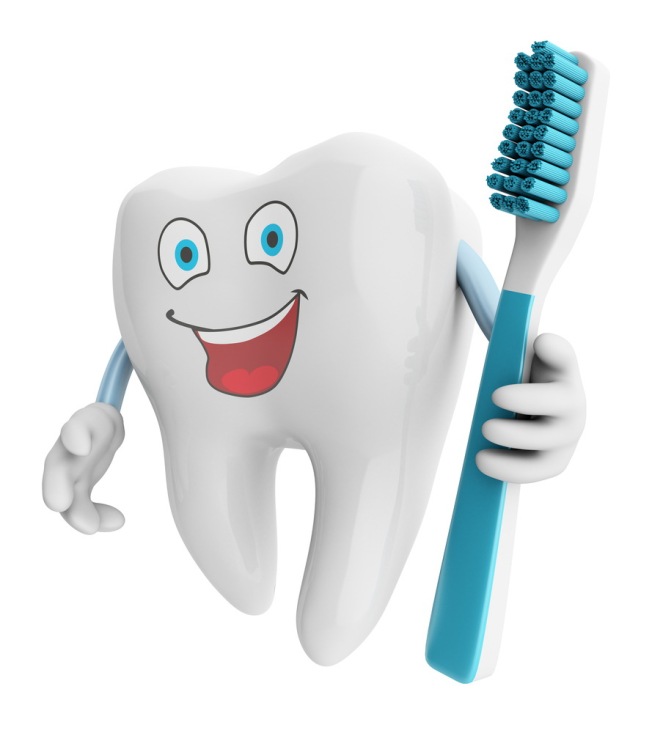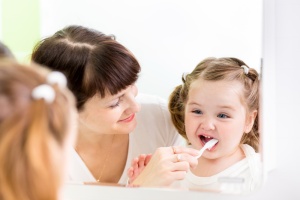

Mothercare Blog
Oral Care For Little Ones
How exciting it is when your child gets his or her first tooth! Isn’t it, mommies?
You start planning their oral care; consult dentists and older family members alike. But, here’s what you probably didn’t know – your child’s dental care must start right at birth, because, when infants are born, their baby teeth have already formed but these teeth are hidden in their gums and the gums too need to be taken good care of.
Here are a few things that you can do to ensure your child’s teeth are healthy.
Get them when they are fresh out of the womb:
If you are a new mommy, start cleaning your baby’s gum after every feeding. Use a wet washcloth or the tip of your finger. It does not only clean your little one’s mouth but also massages and soothes his or her gums.
Start visiting the dentist early!
Ensure your child sees a dentist by his/her first birthday, and every few months after. Early prevention can save a lot of decay, pain and money in the long run.
Ditch the bottle when you put your baby down to sleep:
It’s common practise to put the child to sleep with a bottle of milk, formula or juice sometimes. Ditch that habit – sugary liquids and milk cling to a child’s teeth, thus feeding bacteria that cause tooth decay.
Don’t use pacifiers after age two:
Pacifiers are helpful for infants and harmful for toddlers. Continued use of pacifiers can affect the teeth line-up or the shape of the mouth. Speak to your child’s doctor if the habit continues after age 3 and you want to get rid of it.
Teach them good night habits:
Ensure that by the time your child is old enough to understand bed stories, they believe in and follow this mantra: Brush, floss and rinse before bedtime. No food or drink until next morning, except water.
Motivate them to get the job done!
Brushing is not the most fun activity for kids. But, giving them enough motivation – like letting them choose their toothpaste, making it a group activity, or giving the extra credits on their good-behaviour chart can easily get the job done.
Be extra careful if your child’s on medication:
Medication can cause overgrowth of yeast. Talk to your dentist about what kind of precautions you should take and how often you should get your child to brush if he or she is on a long-term medication.
Last but not least, oral hygiene is something that you need to be stern about. If kids put up a fuss when you ask them to brush, floss or rinse, you have got to let them know that they can’t get away with it.
What are your special tips and tricks to ensure your child has healthy teeth, mommy?
Proofreading has been done by Dr. Deepa Nair , GP Dentist at Lamcy Plaza Branch.
Sources:
http://www.alexanderhealth.org/docs/dentalClinic/caring-for-childs-teeth.pdf
http://www.webmd.com/oral-health/healthy-mouth-14/kids-teeth/dental-health-for-kids











